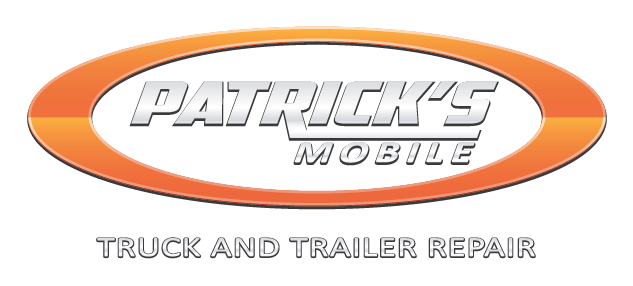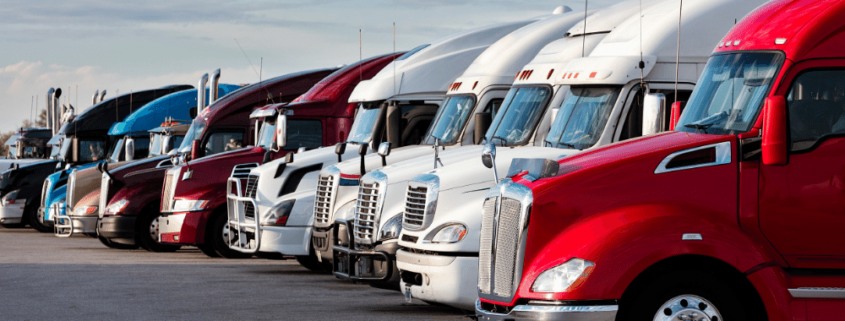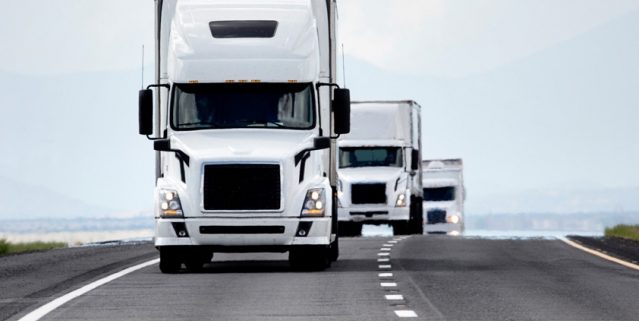When you’re a transport truck driver, no matter how experienced or well-prepared you are, there’s always the possibility of an unexpected roadside emergency. Unexpected breakdowns and unforeseen mechanical issues can happen at any time. That’s why it’s important to be prepared for anything by knowing what steps to take if such an issue occurs while out on the roads alone. In this post we’ll provide some useful tips about preparing for, preventing, and taking action in the event of a roadside emergency as a transport truck driver. Read more
Tag Archive for: trucking company
If you’re a business owner who relies on diesel fuel to keep your operations running, then you know how important it is to make sure your fuel is in good condition. Diesel fuel conditioners can help improve the quality of your fuel and extend its life. In this post, we will discuss five benefits of using diesel fuel conditioners in your trucking company.
If you’re a truck driver, then you know that roadside assistance is a must-have. When your truck breaks down, you need to know that you can count on someone to help you get back on the road as quickly as possible. In this post, we will discuss five questions about roadside mobile truck assistance. We’ll answer common questions about what this service offers and how it can benefit you.
Vehicle diagnostics have a long and useful history, but never have we had more information at our fingertips than with today’s tools. Truck diagnostic software can make a huge difference in repair times and truck performance, and our team can diagnose issues almost anywhere. Learn five benefits of truck diagnostic software and how they can help you!
Your trucks are more than pieces of equipment – they’re the lifeblood of your business. Proper, consistent maintenance is a must if you’re going to keep the fleet in top shape, and the best way to do that is with a fleet service mechanic.
Going with an outside provider for regular fleet maintenance has amazing benefits. It can save your company money, boost productivity, and give you expert insight from an outsider’s perspective.
Trucking is a much older profession than most people think. Several trucking companies in the United States are more than 100 years old, and the legacy of Canadian trucking is almost as long. Believe it or not, the oldest trucking companies still around today were formed before trucks became available. They diversified fleets of horses and early cars into trucks at the right moment, proving that innovation is key to success in the industry!
Fuel is one of, if not the largest operating expense in trucking. The amount of fuel varies per truck, but a semi-truck can hold between 800 and 1000 litres of diesel. This fuel is pumped into dual tanks that sit on either side of the tractor, giving them the name “saddle tanks.” They make sure that the weight of the amount of fuel is balanced.
If the average is roughly three kilometres per litre, it will be 3,000 kilometres before refuelling is necessary. But when you’re driving 60 hours a week over seven days, that can be a lot of refuelling. If we use an average diesel fuel price of $1.20 (the average at the time of writing), this means that it can cost more than $1200 to fuel up just once. For a large fleet, this is tens of thousands of dollars per month, so who is paying at the pump?
The popularity of manual transmissions in automobiles is dropping sharply, with only about two percent of all cars sold in 2018 being manual. This shouldn’t be surprising: for manufacturers, it’s a lot simpler to put out one kind of car instead of two.
Semi-trucks are a different story, and the percentage of manual transmission trucks on the road is much, much higher. The manual transmission doesn’t have to worry about purely automatic transmissions – it has to worry about an advancement that works like an automatic in the cab, but internally is a manual. The big thing in transmissions is the automated manual transmission, and if it hasn’t already come to a fleet near you, it won’t take long.








